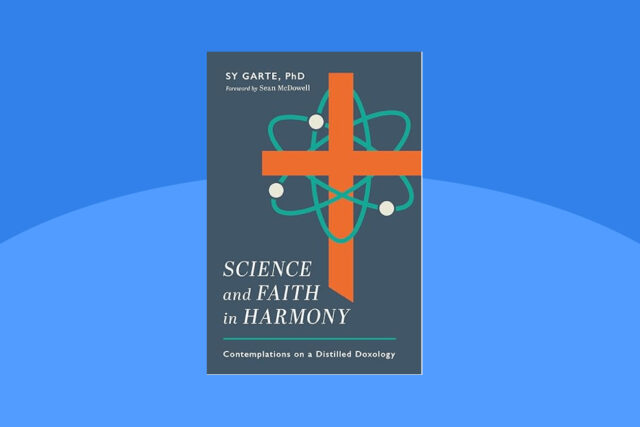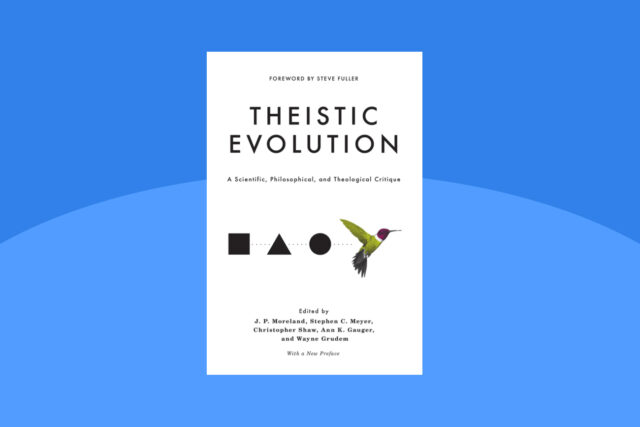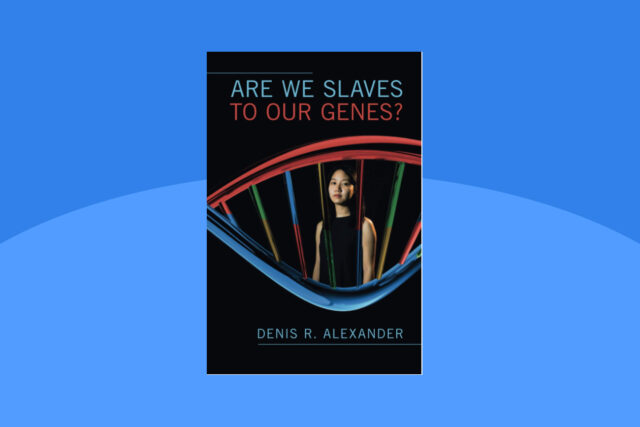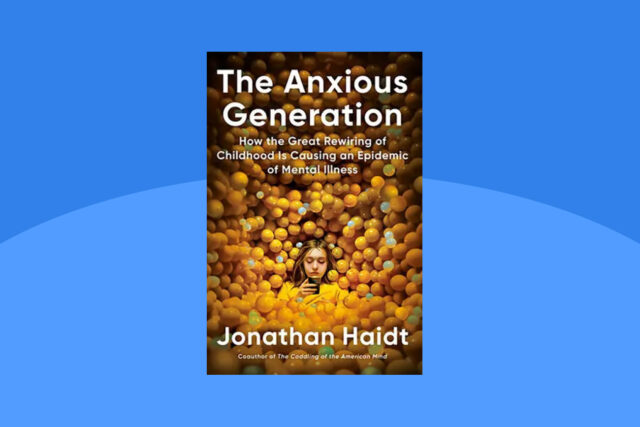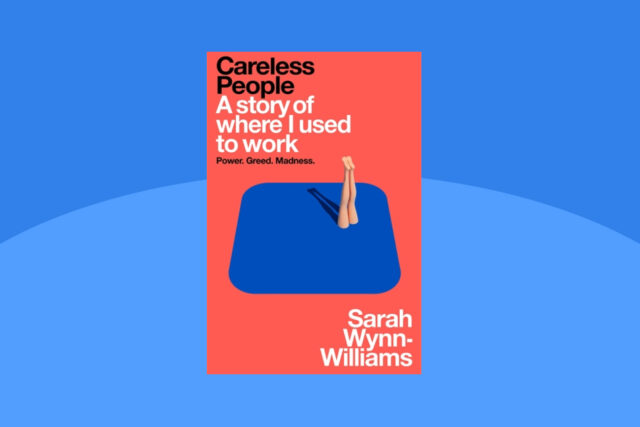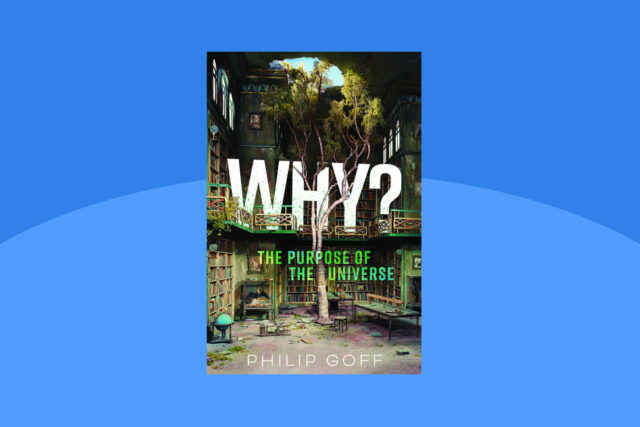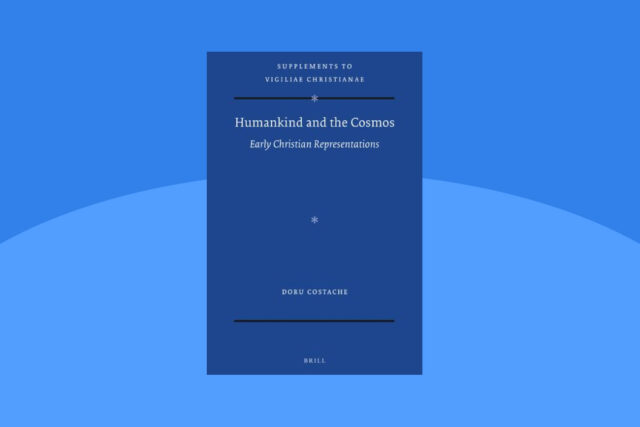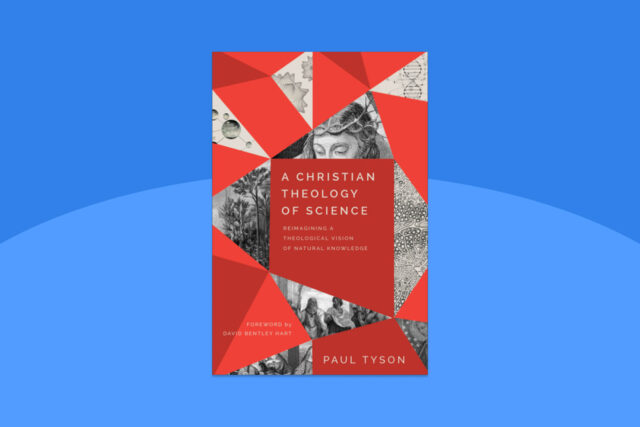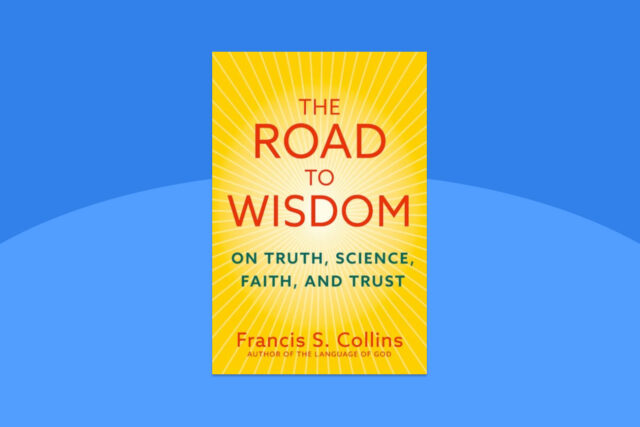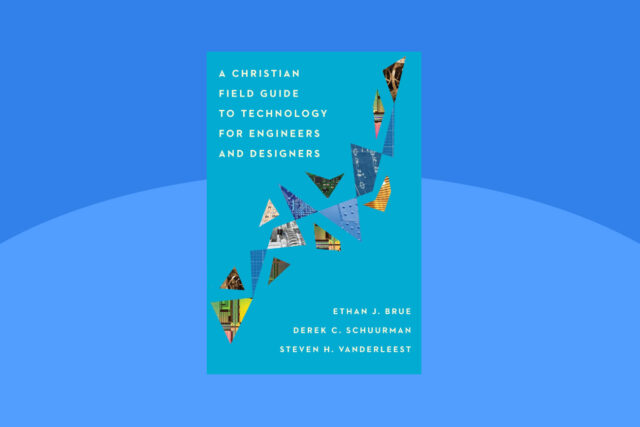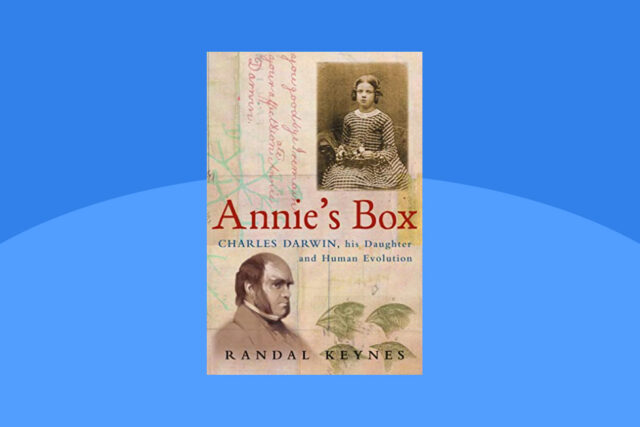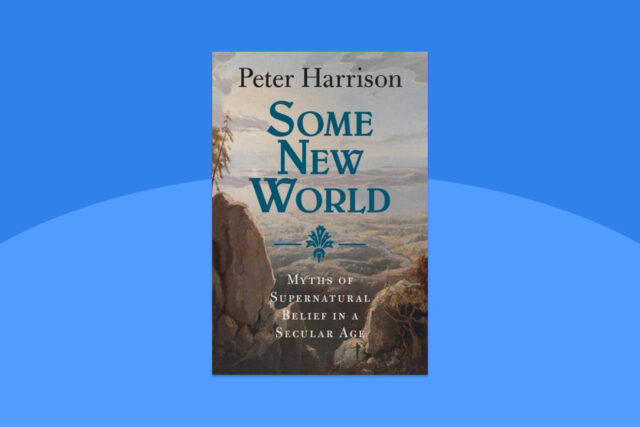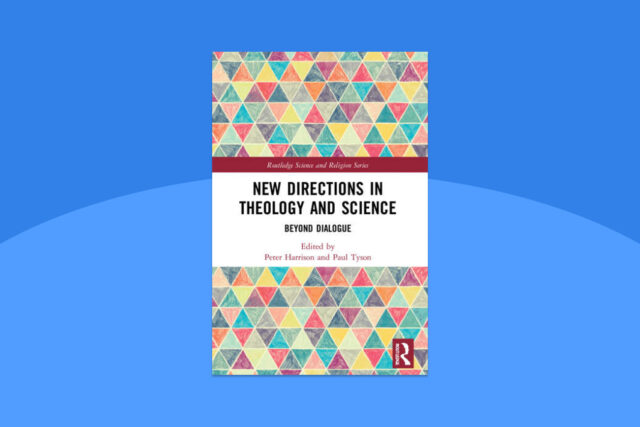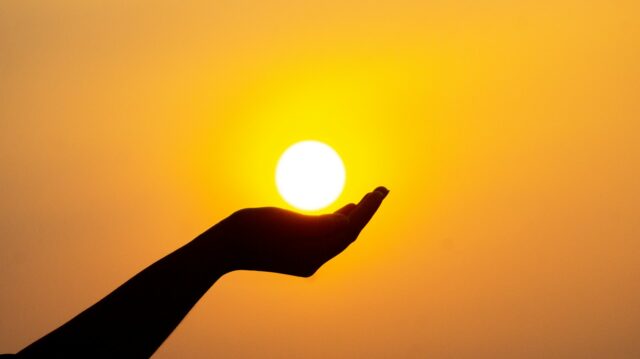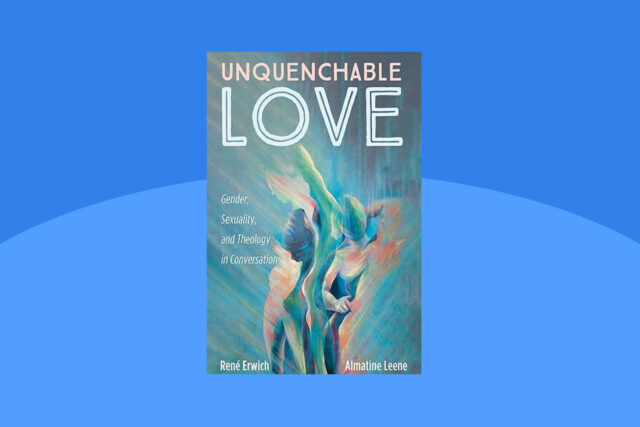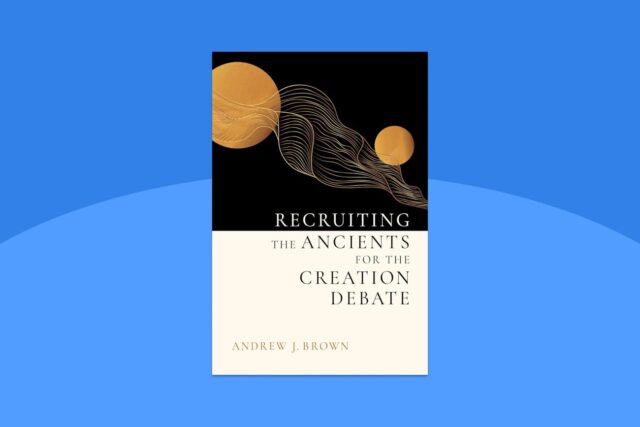
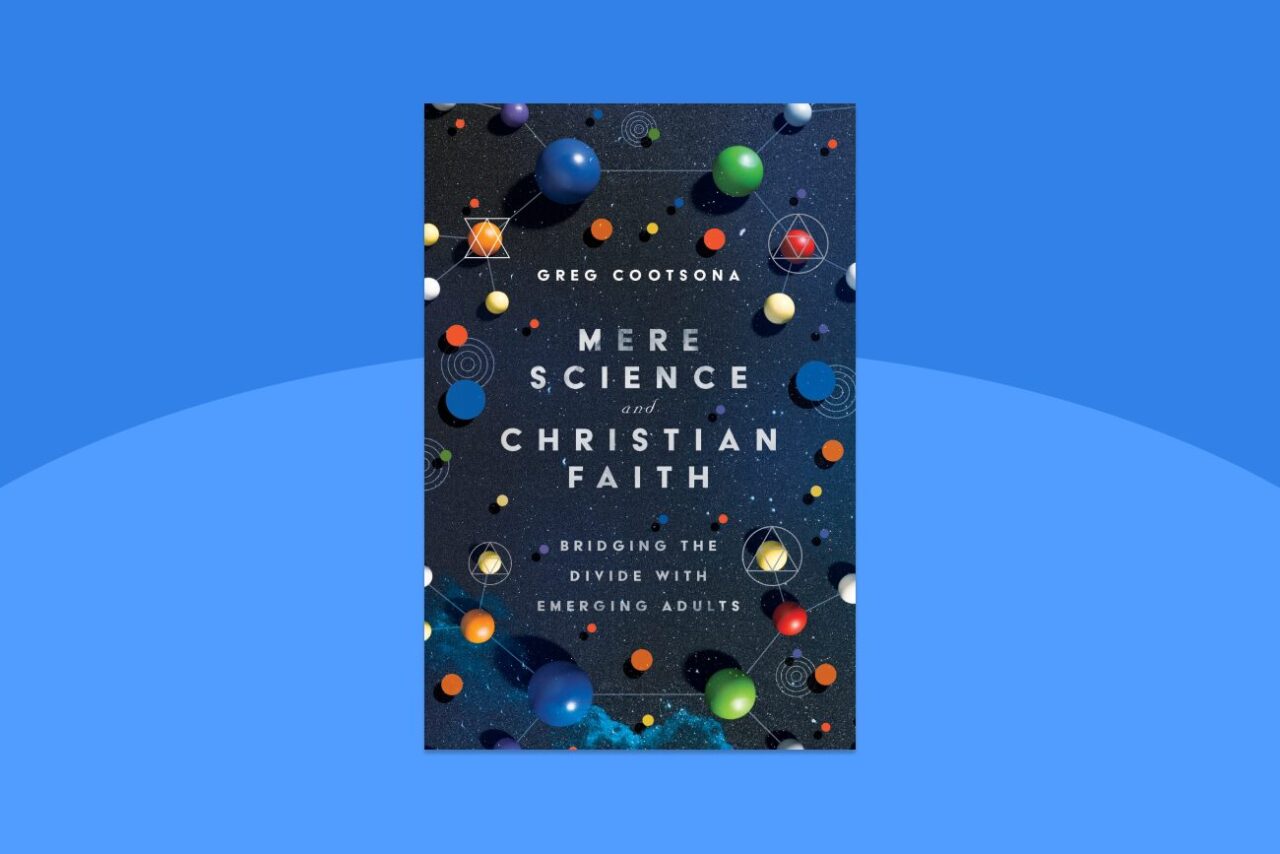
As Lecturer (Comparative Religion and Humanities, California State University, Chico), Assistant Director (Science for the Church) and Associate Pastor (Bidwell Presbyterian Church, Chico, CA), Cootsona writes about how we can be a place where emerging adults can find answers. Read the review by Vivienne Smith, from McGill University in Montreal, Canada.
Mere Science and Christian Faith: Bridging the Divide with Emerging Adults
by Greg Cootsona
Downers Grove, IL: InterVarsity Press, 2018; 194 pages.
ISBN 9780830838141, 1st edition, paperback
AUD$35
Although much has been written on how science and faith can interact, Greg Cootsona’s book uniquely handles the perspective of the emerging adult. He writes primarily to pastors and emerging adult ministry leaders, having been the director of Science and Theology for Emerging Adult Ministries at Fuller Theological Seminary at the time of writing. Cootsona makes the case that we need to bring mainstream science into the church if we are to be a place where emerging adults can find answers.
Cootsona begins with his own testimony of how he came to faith, acknowledging that he comes to the topic more from a pastor’s perspective than a scientist’s. He did, however, do 18 months of research on the attitudes of emerging adults in the US towards the integration of science and faith, which included a questionnaire amongst 638 students, a focus group of 12 thought leaders and qualitative interviews with 30 emerging adults. His findings from this research informs the rest of the book—which topics he chooses to focus on; the central question young adults are asking with regards to that topic—and he sprinkles in quotes from his interviews for the reader to get a sense of what young adults are saying currently.
What characterises emerging adults and how does this shape the way they view faith? According to Cootsona, they live in an age of possibilities but also of instability. They are actively looking for meaning and identity. This trait promotes openness to different ideas but also more anxiety and self-focus in this search. In relation to faith, it means they are spiritual “bricoleurs” (p. 28), piecing together parts they find make sense. They see Christian faith “as a Spotify mix and not a vinyl LP” (p. 29; in his words). It also means their questions towards science and faith go beyond the traditional topics of Big Bang and evolution, to include how Christians should interact with topics related to technology, AI, transhumanism, neuroscience, sexuality, and gender.
Out of Ian Barbour’s four ways of relating religion and science, that is, conflict, independence, dialogue, and integration (Barbour’s Religion and Science: Historical and Contemporary Issues, 1997), Cootsona advocates for integration (similar to Francis Collins, a Christian, scientist, former head of the Human Genome Project, and founder of The BioLogos Foundation). However, he argues that independence has a place because both science and religion have their limitations. Science, for example, can only describe an “is” not an “ought.” Religion, on the other hand, should not undermine scientifically sound explanations. They are both imperfect means to know objective truth. When they do not agree, we need to pause and ask ourselves if it is our hermeneutic or scientific understanding that needs to change.
Cootsona then goes into the debates surrounding the traditional and noticeable areas of conflict, such as creation versus evolution, and whether a historical Adam and Eve existed, outlining the various positions scientists and Christians have assumed. After covering familiar ground, he then ventures into more recent territory, namely technology, sexuality, and climate change. Finally, he ends with next steps for the church. We are to affirm the value of exploring new ideas and integrating all forms of knowledge, he argues. We should also teach the next generation about the ability of science to invite us into deeper wonder and worship, while acknowledging its limitations.
This easy-to-read book is a very helpful tool for anyone seeking to understand the significant questions young people are asking in the faith–science space. While the reader will not finish reading the book with definitive answers on each of the topics, Cootsona gives them a survey of the land and raises important questions to contemplate.
I appreciated his humility in not supposing he has sure answers for many of these complicated topics. In my estimation he commendably presents a nuanced perspective on the challenges both scientists and Christians have in answering them. For example, it seems like technology has eroded physical participation in community by moving our social interactions online instead of face-to-face, which arguably has negative effects on our mental health and the robustness of communities such as the church. However, he also admits that there is much good in technology, such as how it has enabled the gospel to spread to remote countries. The point here is for the reader not to be forced into a camp (for example, for or against technology) but to have perspectives broadened, to embrace an angle not previously considered, and to appreciate some practical applications beyond the intellectual debates. In this case, for example, he calls the church to be careful we do not look to technology for our salvation but rather keep Jesus as the focus.
He repeats this stance multiple times in different ways. For example: we cannot succumb to the gospel of technological salvation professed by AI and transhumanism; nor can we trust science to give us the ethics of how we should behave sexually; and science will not grant us the change of heart we need to steward the earth well; only the Holy Spirit can do that.
Ultimately Cootsona points us back to the need for the gospel. Science will never be able to fill that need, although it can help us tell more truthful and more beautiful stories about God, his world, and his people.
